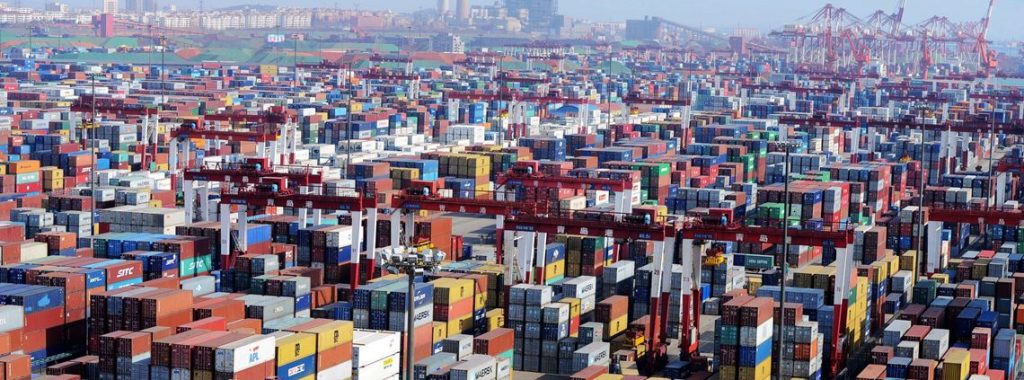One fifth of UK buyers have ‘altered’ supply chains over geopolitical pressure

A report has found 20.5% of UK importers have altered their supply chains as a result of geopolitical tensions, and a further 14.5% are considering doing so.
The need for stability in the face of mounting geopolitical disruption has driven some UK businesses to begin diversifying their supply chains, or to move away from high-risk countries in favour of more local suppliers, a report by the Institute of Directors (IoD) has said.
This comes despite firms acknowledging such alterations would create higher costs in the short term. However, businesses are willing to absorb those costs, the report found, in order to “avoid sudden disruptions” and “ensure their supply chain is sufficiently resilient and future-proofed”.
Buyers identified China as the “most powerful and immediate geopolitical business risk”, and said the UK should adopt a “more cautious approach” to the country to balance the superpower’s economic importance with its potential to disrupt global political relations.
While China ranked number one, the report noted risk “warning lights” for any countries which “do not necessarily conform to western politics”. These risks include global commodity shortages, particularly in critical minerals, semiconductors and certain chemicals, as well as port delays, shipping times and the reliability of logistics.
The survey of 1,026 CEOS at UK organisations, including SMEs and large businesses, found members of the IoD want to minimise perceptions of risk to assure their own end customers that they are a reliable supplier. This is at odds with their concerns over supply chains connected to Russia, India, North Korea, Brazil, and Middle Eastern nations.
Just under a third (31%) of SMEs are responding to geopolitical pressures, compared with 53% of large businesses.
“This is rather reminiscent of the 1980s, with phrases like ‘East-West divide’ and ‘political polarisation’ cropping up,” the report warned. “If western companies deliberately avoid partnerships with any country which does not adhere to the same moral and political values, the so-called ‘East-West divide’ could become something of a self-fulfilling prophecy.”
Brexit-related border friction, pandemic disruption, and unstable economic conditions have driven a changing global dynamic, the report added – but, paradoxically, a reorganisation of global supply chains in response to this shifting dynamic could be as much a threat to globalisation as the disruption itself.
IoD trade policy advisory, Emma Rowland, said: “It is clear businesses are sensing geopolitical shaped clouds on the horizon, particularly while China’s standing with the US, Russia and Taiwan remains uncertain. Ultimately, firms are pursuing long-term stability in their supply chains, so they can provide certainty to their own end customers.
“They want to know they can rely on their international business partners long-term and not be hampered by sudden disruptions. Whilst it is broadly felt that a complete decoupling from China is economically impractical, at least for now, the fact that a significant number of businesses are willing to take on extra costs to secure their global operations shows attitudes to global trade are shifting.”
However, businesses committed to these alterations have found local suppliers more expensive than Chinese ones, and have had to invest in years-long processes to move operations. Simultaneously, choice in vendors is more limited outside of China, and so capacity reduction has impacted these firms.
Overall, this shift has created around a 10-20% increase in costs, and respondents have had to strike a balance between cost and quality.
The findings echo those of Roland Berger in the EU, which found almost two-thirds (64%) of European companies say doing business in China has become more difficult in the past year due to geopolitical tension.

